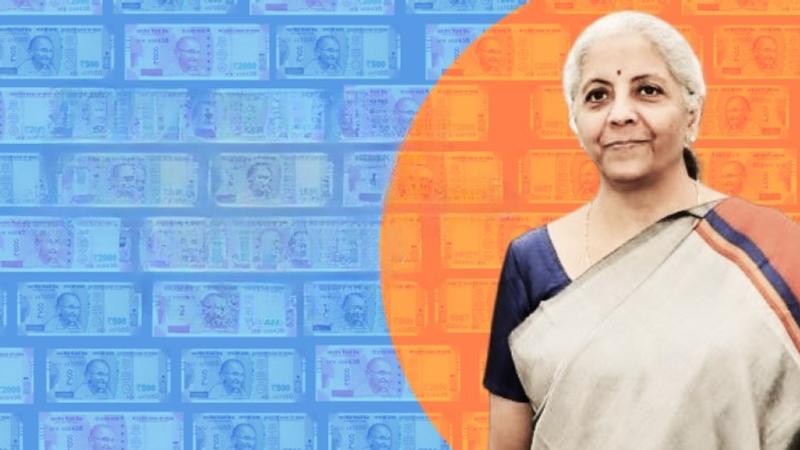Published 21:27 IST, January 17th 2025
Union Budget 2025 Expectations: Boost For Digital Loans? Industry Bets Big
The proposed reforms aim to address India’s evolving economic needs and unlock new growth opportunities.

As Union Budget 2025 draws near, leaders across sectors are voicing their expectations, emphasizing financial inclusion, infrastructure growth, sustainable practices, and regulatory clarity. The proposed reforms aim to address India’s evolving economic needs and unlock new growth opportunities.
Empowering Financial Inclusion Through Digital Lending
Amit Bansal, Founder of BharatLoan, highlights the critical role of fintech in bridging financial gaps, particularly in underserved markets. He urges the government to prioritize digital infrastructure and regulatory support to make credit more accessible and affordable. With nearly 190 million unbanked adults in India, policies promoting digital lending could significantly boost financial inclusion.
NBFCs as Catalysts for Infrastructure Development
Vikkas Goyal, Founder of Rupee112, emphasizes the pivotal role of NBFCs in financing infrastructure projects. He suggests tax-free infrastructure bonds and streamlined regulations to reduce compliance costs and enhance credit flow. Given the Rs 111 lakh crore investment need in infrastructure by 2025, NBFCs’ flexibility makes them crucial players in bridging this gap.
Ankit Modi, MD of SalaryOnTime, adds that subsidizing digital transformation for small NBFCs and promoting co-lending partnerships with banks can expand credit delivery. Rationalizing GST on financial services and incentivizing lending to priority sectors would further enable NBFCs to empower unbanked communities.
Supporting MSMEs and E-Commerce Growth
Shaji Varghese, CEO of Muthoot FinCorp Limited, stresses the importance of addressing liquidity challenges for MSMEs, particularly for nano and micro-enterprises driving e-commerce growth. Expanded credit guarantee schemes and dedicated digital credit lines from banks to NBFCs could modernize trade, aligning with India’s target of $1 trillion in digital commerce by 2030.
Sustainability and Circular Economy
Abhishek Agashe, CEO of Elima, highlights the untapped potential of India’s recycling industry, where only 30% of recyclable waste is currently processed. He calls for policies such as Recycling-Linked Incentive Schemes (RLI), low-interest financing, and GST rationalization to foster a circular economy. With annual waste generation expected to reach 165 million tonnes by 2030, these measures could position India as a global leader in sustainable resource management.
Simplifying Taxation for Investments
Nehal Mota, CEO of Finnovate, advocates for tax reforms that encourage long-term wealth creation, such as raising the ELSS limit to ₹3 lakh and increasing LTCG exemptions on equity and gold investments. Simplifying taxation on debt and gold schemes would attract diverse investors.
Vivek Banka, Co-Founder of GoalTeller, highlights the importance of consistent taxation across asset classes to reduce investor confusion. Simplifying tax structures can unlock broader participation and align retail investments with national growth objectives.
Revitalizing Commercial Real Estate
Suvrat Jain, CEO of Onward Workspaces, underscores the need for GST rationalization in co-working spaces and easing foreign investment regulations for Grade-A office spaces. With demand for GCCs and SEZs rising, such reforms could transform India into a global business hub while fostering entrepreneurship in Tier II and III cities.
Boosting Capital Markets and Alternative Investments
Prashasta Seth, CEO of Prudent Investment Managers LLP, calls for tax harmonization for alternative investments and measures to spur consumption growth, which has recently slowed. Addressing inefficiencies in taxation would drive growth in capital markets and support India’s aspirations for becoming a middle-income economy.
Union Budget 2025 stands as a turning point for India’s economic trajectory. With targeted reforms, the government has the opportunity to foster inclusive growth, modernize infrastructure, encourage sustainability, and create a more resilient financial ecosystem.
Updated 21:27 IST, January 17th 2025